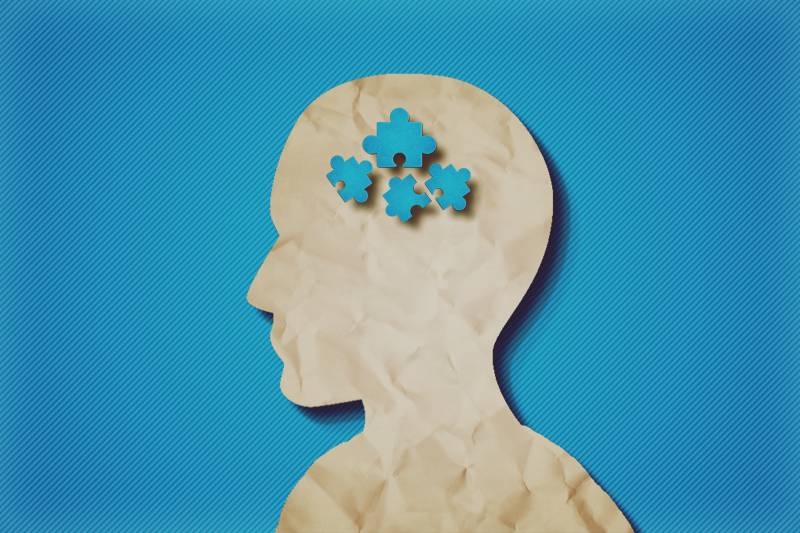Autism spectrum disorder can be found in 2.2% of the population, but for women and girls, as well as many adults, autism is a diagnosis that is often missed. We look into who is underdiagnosed and why — and how our conceptions of autism and neurodivergence are changing. As Trump’s health secretary Robert F. Kennedy Jr. portrays autism as a “tragedy,” we’ll talk about ways in which many people with autism are living and thriving.
How Increased Autism Diagnoses Are Changing the Way We Think About Neurodiversity

Guests:
Mary HK Choi, author and editor, she recently wrote The Cut article "I Was Diagnosed With Autism in My 40s. It Gave Me a Lot of Answers."
Holden Thorp, editor-in-chief, Science family of journals; Thorp is the former provost of Washington University and prior to that was chancellor at University of North Carolina, Chapel Hill. His recent guest essay in the New York Times is titled "I Was Diagnosed with Autism at 53. I Know Why Rates Are Rising."
Christine Wu Nordahl, professor in the Department of Psychiatry and Behavioral Sciences, UC Davis; Nordahl is the Director of the Autism Phenome Project and the Beneto Foundation Endowed Chair at the MIND Institute
Sponsored